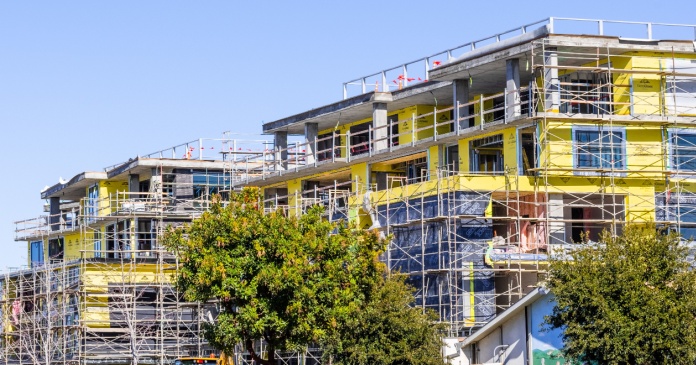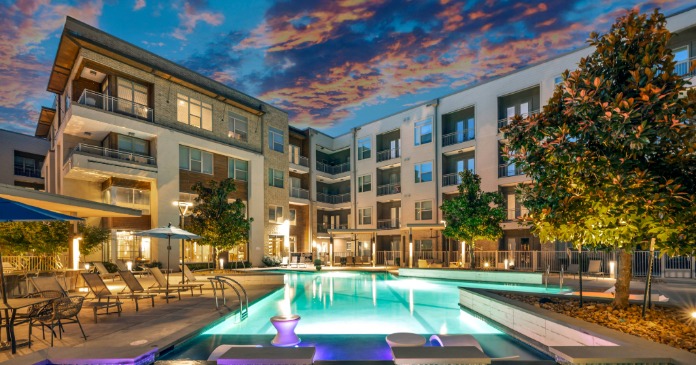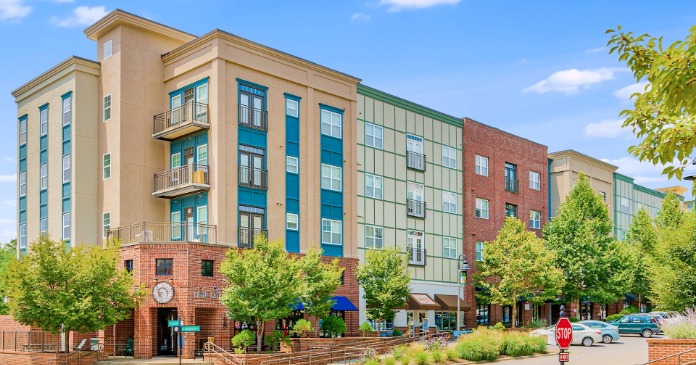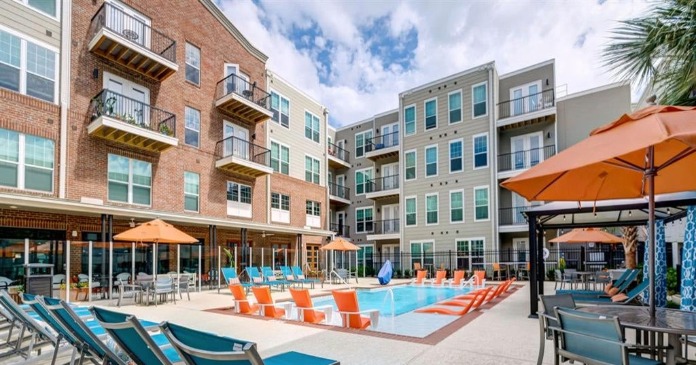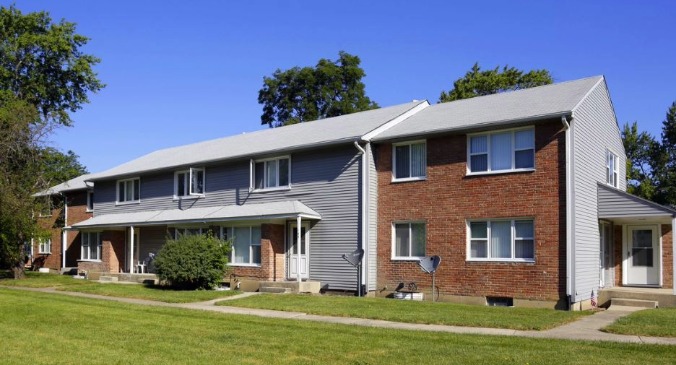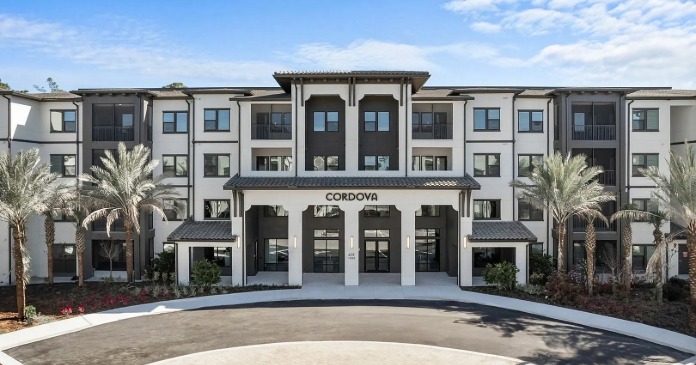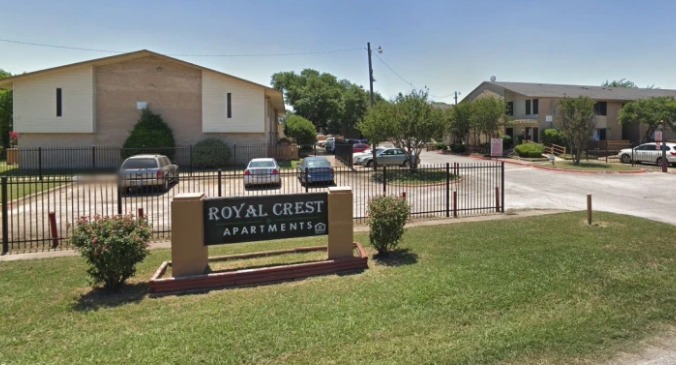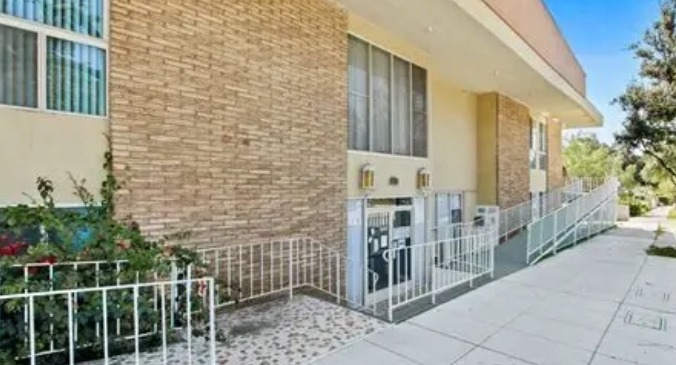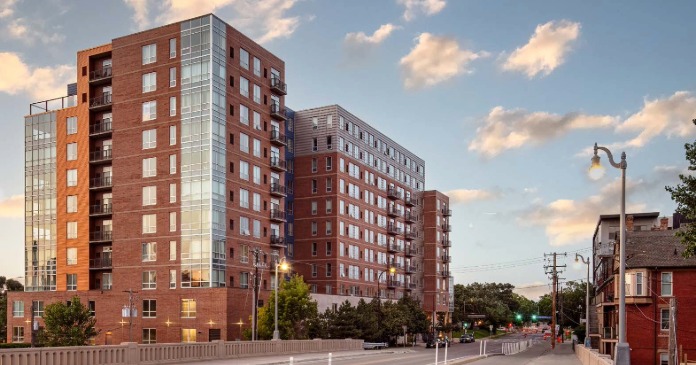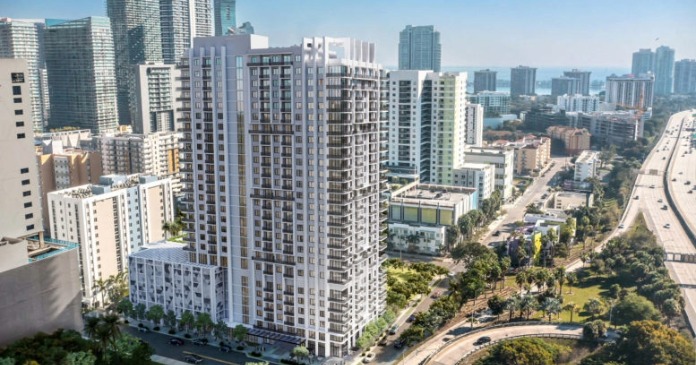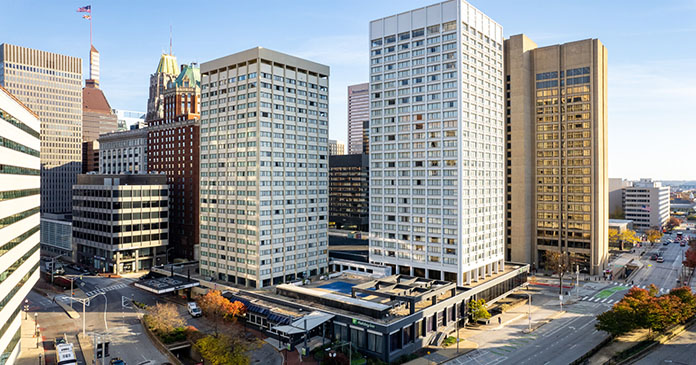
Vivo Investment Group (Vivo) has acquired the dual branded Holiday Inn and Radisson Hotel in Downtown Baltimore’s Inner Harbor with plans to convert the twin tower high rise property into a multifamily community.
The vacant hotel towers occupying an entire city block at 105 W. Fayette Street will be rebranded as Vivo Baltimore and will offer studio, one- and two-bedroom units with amenities found in Class A apartments at rents more affordable than the competitive set in the area.
“Some renters in Baltimore are spending 50 percent of their income on rent,” said Dan Norville, Founder and CEO for Vivo. “It’s expensive to live in Baltimore’s Inner Harbor where many can walk to their jobs. We are trying to provide that solution by offering naturally occurring affordable rents in a newly renovated high-rise complex.”
Vivo’s planned project enhancements will focus on creating lifestyle amenities and on building community for its residents. In addition to the existing rooftop pool, multiple work-out facilities and subterranean parking, Vivo will add to the resident experience by converting the hotel meeting space and ballrooms into co-working space, private offices, tenant lounge and a movie theater.
“The property is located in one of the most walkable and accessible neighborhoods within Baltimore with a walk score of 99 out of 100,” said Vivo Principal Joseph Soleiman. “It is across the street from Royal Farms Arena which is going through a $150 million renovation by its operators the Oak View Group and Thirty Five Ventures, the investment company of NBA player Kevin Durant.”
Originally constructed in 1967 as a 23-story Statler-Hilton Hotel, a second 27-story tower was added in 1974. Over the years, the hotels have been operated under a variety of flags, most recently as a Radisson and Holiday Inn in 2018. The Radisson had been closed throughout the pandemic and the Holiday Inn remained partially open until closing in March.
“By replacing the struggling hotels with much needed affordable quality housing, Vivo Baltimore will serve to energize the neighborhood with full-time residents who will live, work, shop and eat in the area. Historically these residents would be priced out of the Inner Harbor CBD and would commute long distances increasing their transportation costs and environmental footprint,” added Vivo Partner and CIO Brett Tanimoto.



